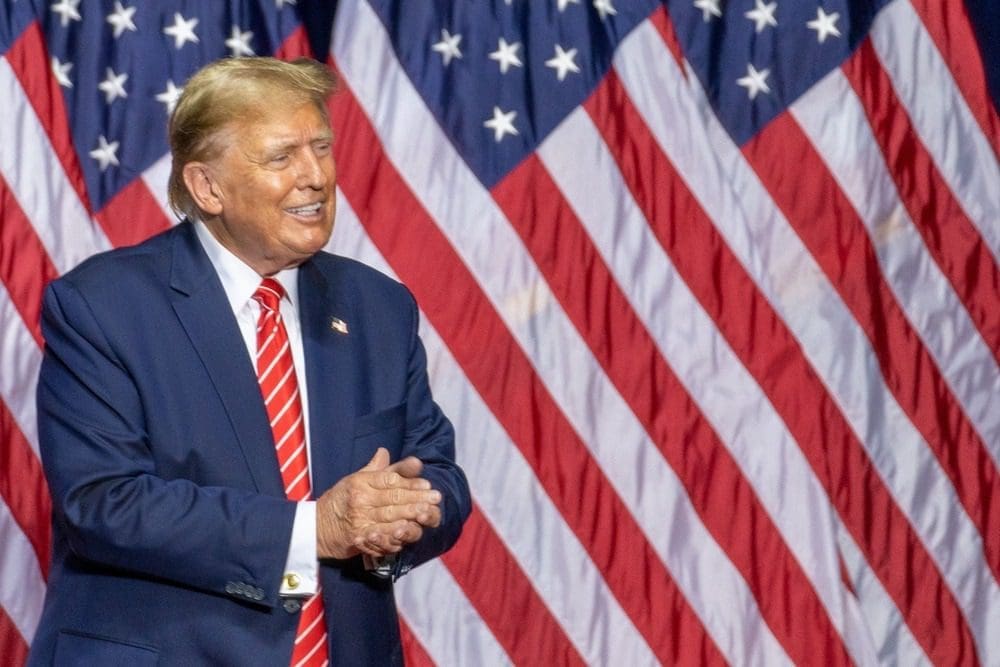
President Trump and EU chief Ursula von der Leyen agreed to last-minute trade framework that slaps a 15 % tariff on almost every EU product headed for U.S. shores. That’s half the 30% rate Trump had threatened but still a huge jump from the pre-Trump average of about 1.5%.
The deal pauses a looming tariff war, carves out a few strategic goods, and layers on splashy European promises to buy American energy and invest in U.S. factories.
Here’s what the new trade agreement means for your wallet, your job, and the wider economy.
Deal in a Nutshell
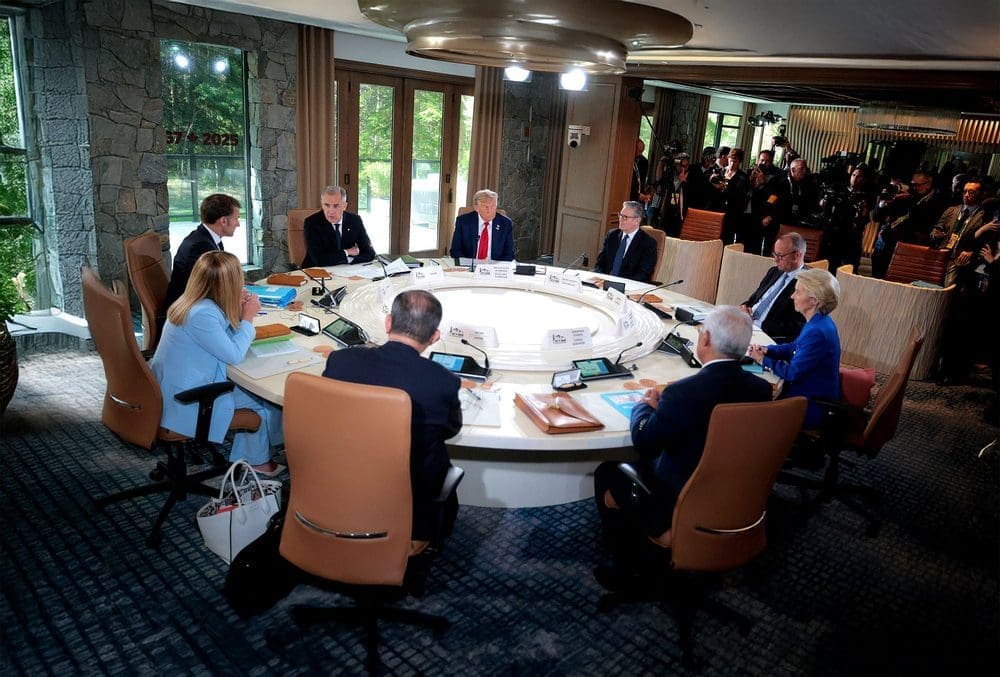
The new pact applies a flat 15% U.S. duty to “virtually all” EU imports, while keeping steel and aluminium at the existing 50% rate.
Europe, in return, pledges roughly $750 billion in extra American energy purchases through 2028 and up to $600 billion in new U.S. investment. It’s a political win for Trump, and a sigh of relief for Brussels, but still only a framework for now.
What’s Getting the 15% Tariff

Expect the higher duty to hit cars and SUVs from Germany and Sweden, kitchen appliances, designer handbags, smartphones, semiconductors, and even many prescription drugs.
Importers pay at the port, but despite what Trump’s team says, costs are often passed to U.S. buyers, so sticker prices on European brands could nudge higher once the levy begins appearing on Customs invoices.
Exemptions That Keep Prices Down
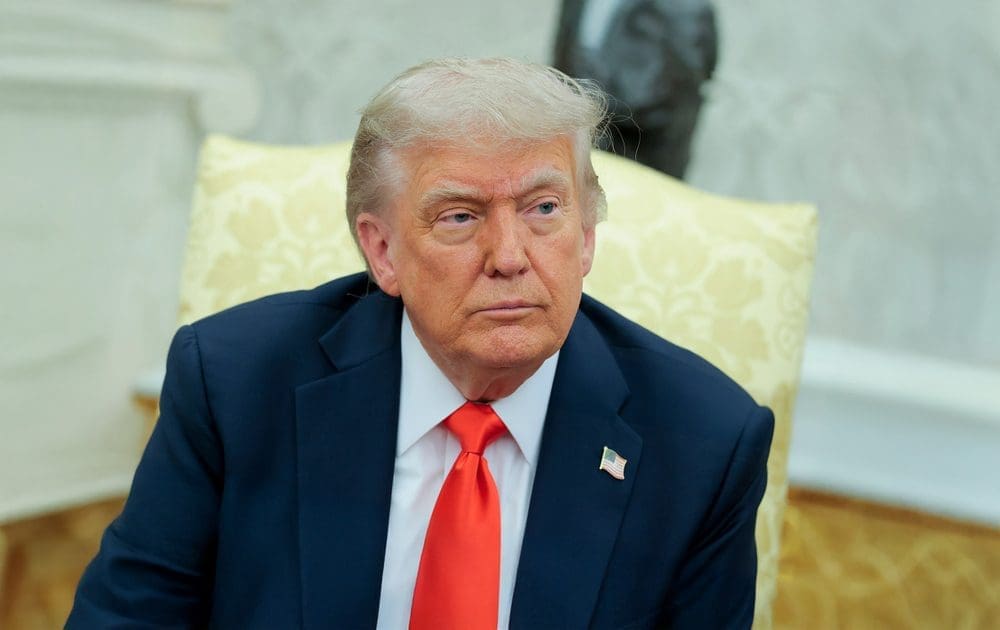
A short “strategic products” list escapes the tariff altogether: commercial aircraft and parts, certain specialty chemicals, generic medicines, and a handful of critical raw materials.
Those carve-outs protect Airbus-Boeing supply chains, keep drug shortages at bay, and avoid another bruise for manufacturers already battling input inflation.
Steel & Spirits Still in Limbo

Steel and aluminium stay at 50% while negotiators explore a quota-for-tariff swap.
Wine, Champagne, Scotch, and other EU spirits have no rate yet. Washington and Brussels have until August 1 to decide on taht. A hard line here could mean costlier Bordeaux and single-malts on U.S. shelves this fall.
Big Energy & Investment Promises
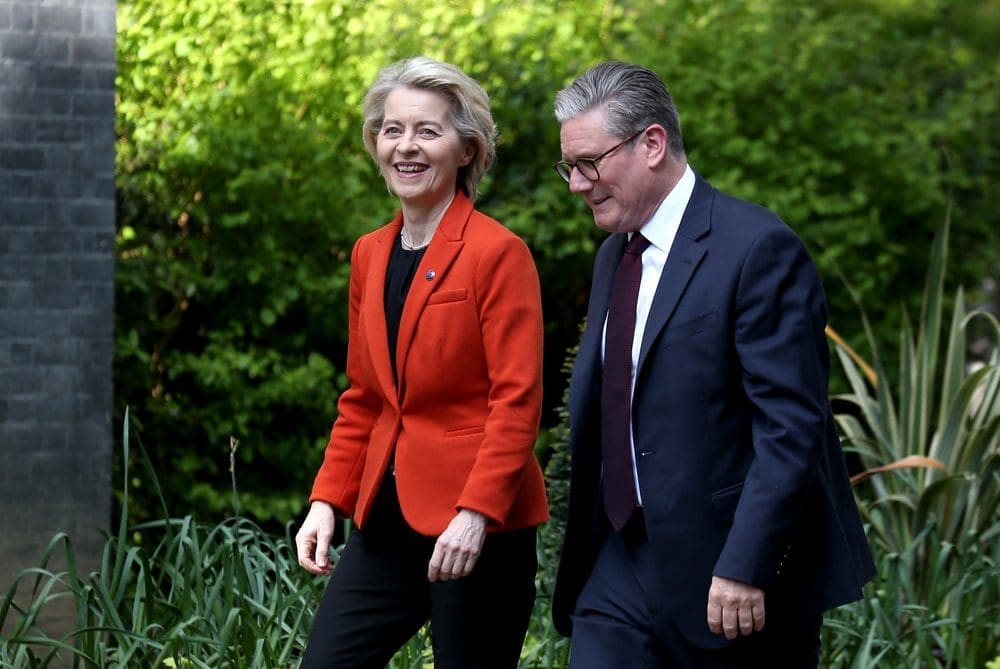
Europe vows to lock in about $250 billion a year in American liquefied natural gas, crude, and clean-tech components.
It also sketches “hundreds of billions” in new EU plants, from chip fabs to EV battery sites, across the U.S.
However, keep in mind these pledges aren’t legally binding yet.
Likely Winners on Main Street
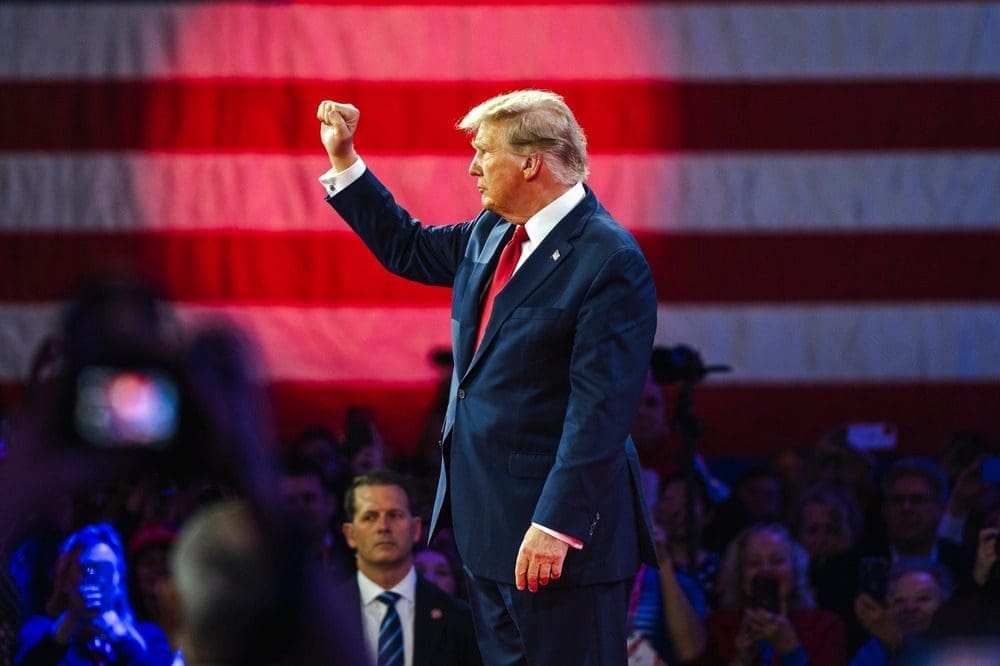
- U.S. LNG exporters, pipeline builders, and shipyards (new long-term contracts).
- Defense contractors (Europe dangled extra hardware buys).
- Domestic steel mills (50% tariff preserved).
Who Could Feel the Pinch

- Import-heavy retailers & manufacturers (higher landed costs).
- EU consumer-goods brands whose price edge shrinks at checkout.
- U.S. shoppers facing tariff-inflated prices on everything from espresso machines to designer shoes.
- Small exporters hoping for reciprocal EU openings, none of which were granted.
Timeline: Key Dates to Watch
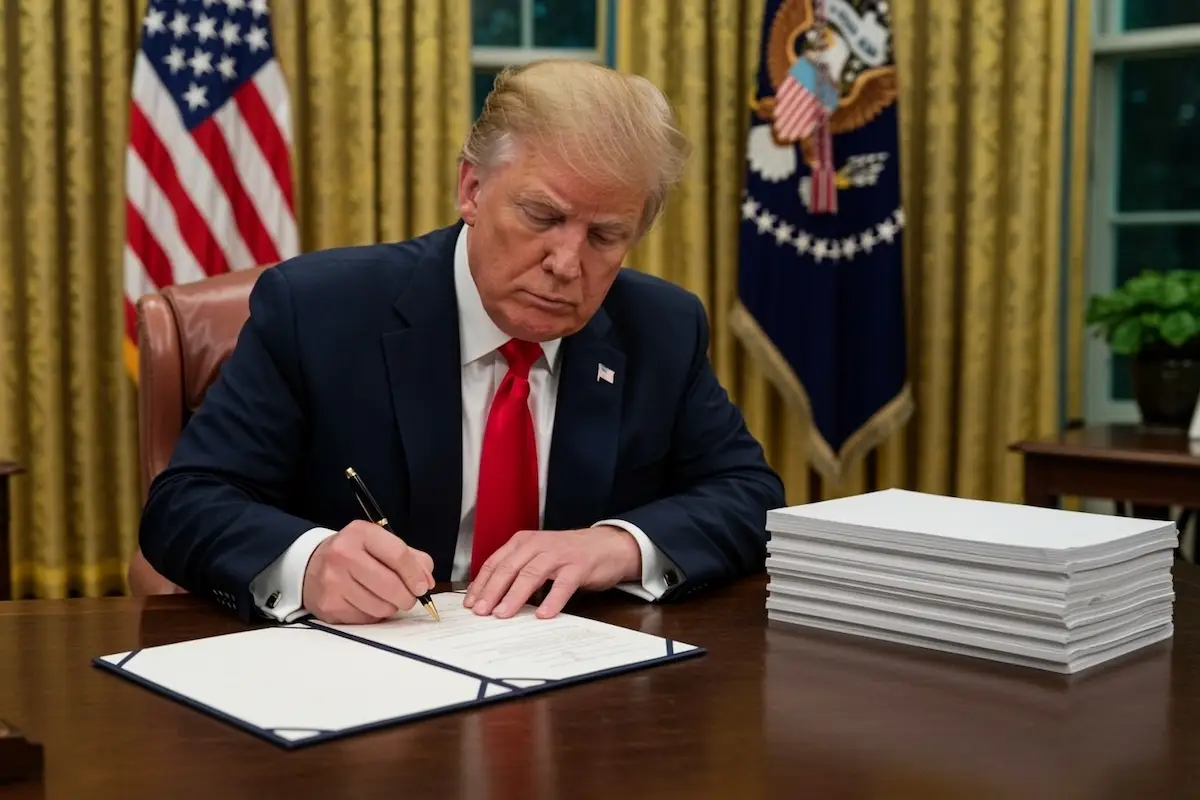
- Aug 1: Technical teams must finalize product lists or Trump’s 30% threat could snap back and the trade war will be dangling once again.
- Aug–Sep: EU Council and Parliament review the framework; member states may demand tweaks.
- Fall 2025: Possible U.S. congressional consultation and WTO notifications, where third-parties could challenge the deal.
Bottom-Line Takeaway
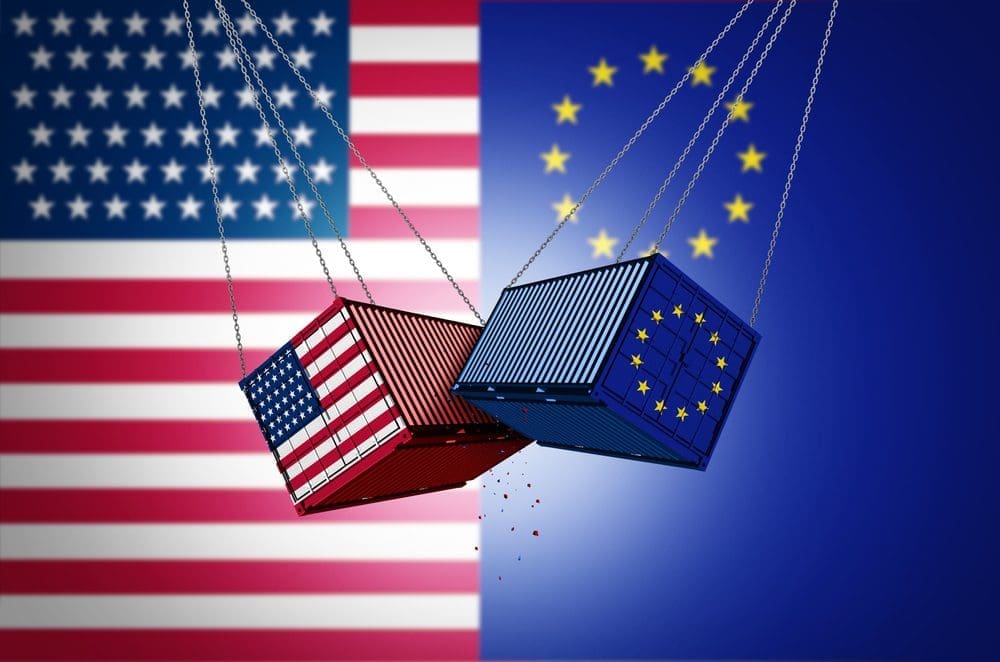
The deal averts an immediate trade war and gives Trump campaign-trail bragging rights, but it cements a new, higher tariff baseline and leaves big sectors unsettled.
Economists largely agree, while it’s better than Trump’s 30% threat, U.S. consumers will still bear the brunt of the tariffs.
Consumers may dodge the worst-case price spikes, yet broad 15% duties still spell upward pressure on inflation. Watch the August deadline and energy contracts to see whether this framework becomes a durable peace or just a pause before the next tariff showdown.

























